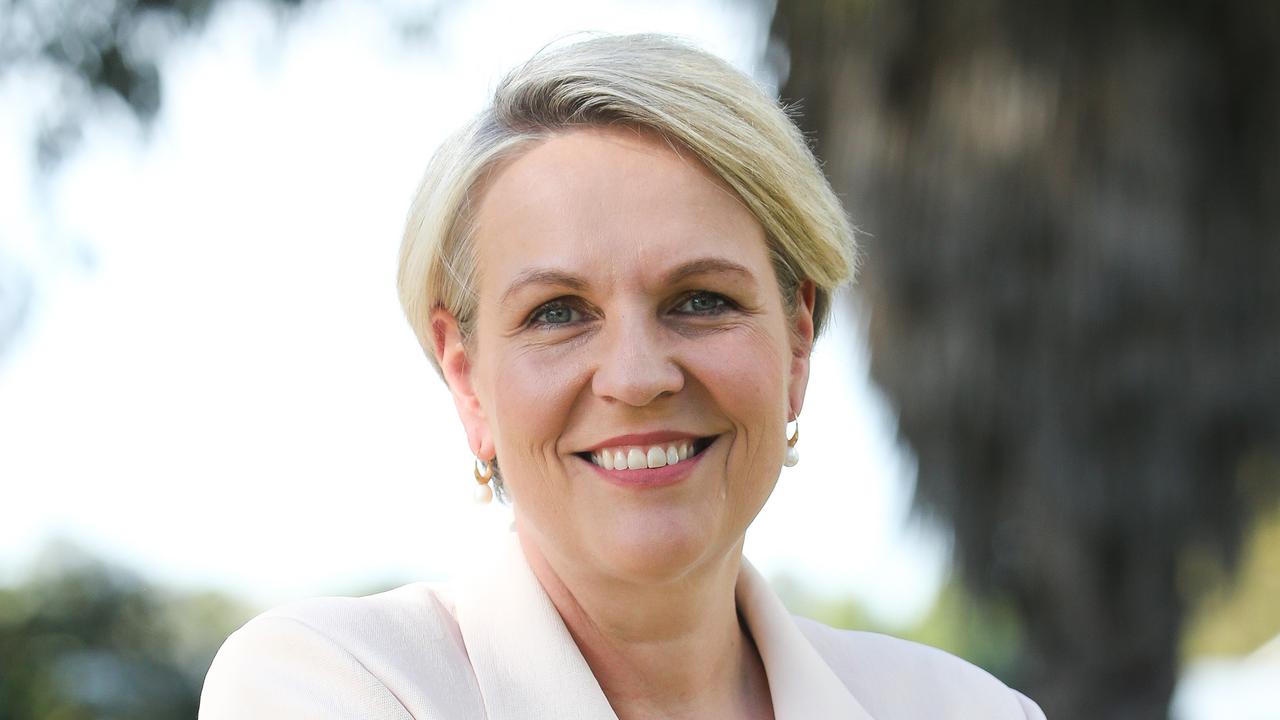IVF clinics may have to report success rates
Women and couples looking to conceive a child through IVF may be given more information on their chances of success.

Women and couples looking to conceive a child through IVF may be given more information on their chances of success, with two proposals for greater transparency being considered by a parliamentary committee.
Centre Alliance senator Stirling Griff has moved to give the Australian Institute of Health and Welfare the authority to collect data and report on the success rates of each clinic.
Publicly available outcome data is limited, even though IVF can cost tens of thousands of dollars — partly subsidised by Medicare but with significant out-of-pocket costs.
Senator Griff’s private member’s bill has been referred to a parliamentary committee for advice, however, the initial consultation has also raised another way to better inform consumers’ treatment decisions.
The existing Australian and New Zealand Assisted Reproduction Database could be used, through a simple change to the clinics’ accreditation standards, to report on IVF success rates, fees charged and services offered.
Associate professor Georgina Chambers of the National Perinatal Epidemiology and Statistics Unit at the University of NSW, said: “Greater use of health data by patients, clinicians, regulators and policymakers is a hallmark of the digital age, making the ART (assisted reproduction technology) registry a central player in modern healthcare delivery. The NPESU supports public reporting of clinic-specific success rates and has a long history of successfully managing and reporting ART outcomes. It is well-placed to take on the role of public clinic-specific reporting.”
However, Professor Chambers cautioned that such a database would need to be independent, and “reporting should be designed to minimise unsafe clinical practice and ‘gaming’ should not disadvantage particular patient groups”.
The Australian and New Zealand Society of Reproductive Endocrinology and Infertility, in its submission, opposed the AIHW proposal and called for a longer period of consultation to consider possible alternatives.



To join the conversation, please log in. Don't have an account? Register
Join the conversation, you are commenting as Logout